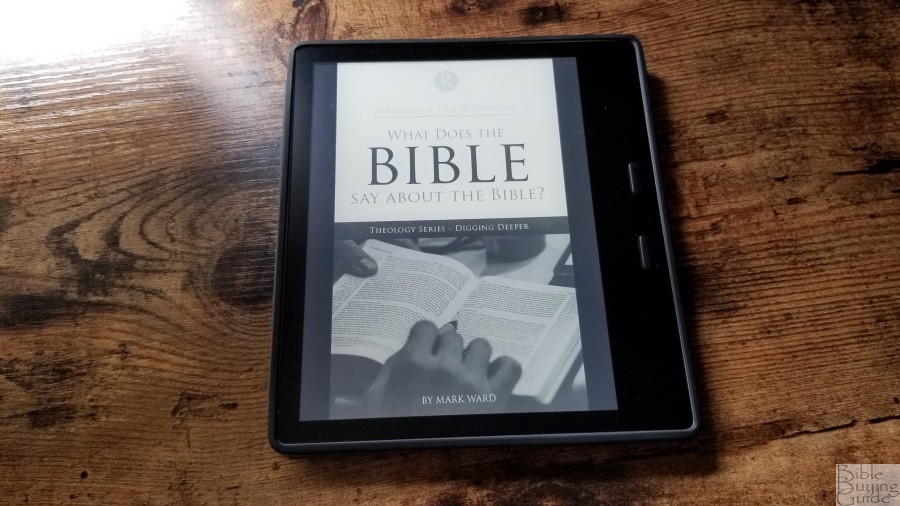
Bibliology For Beginners : What Does the Bible Say about the Bible? from Mark Ward is a book about one of my favorite subjects- the Bible. This book shows in simple language what the Bible is, who wrote it, and how it came to us. It’s written so that anyone can understand bibliology without needing a degree. It’s available in paperback and on Kindle. I’m reviewing the Kindle edition.
In this book, Mark Ward covers this vast topic in just a few simple chapters that provide the meat of the topic, making it easy for anyone to understand. He uses interesting examples that children and adults can relate to in order to put the subject into perspective. He shows that the Bible is the way God communicates to us and the importance of reading it. Ward also shows how God reveals the truth in a general way, a personal way, and a special way. Ward gives examples of how this works using real-life events and examples that we can relate to. You’ll come away from this book understanding what the Bible is and why it’s important to us.
Bibliology for Beginners summary

To help understand what this book covers, I’ll provide a short summary of each chapter and discuss the train of thought in each one. Note – I’m not providing spoilers. You’ll need to read the book for the information, but this will show the kind of information the book contains.
Chapter 1 – how the Bible communicates to man
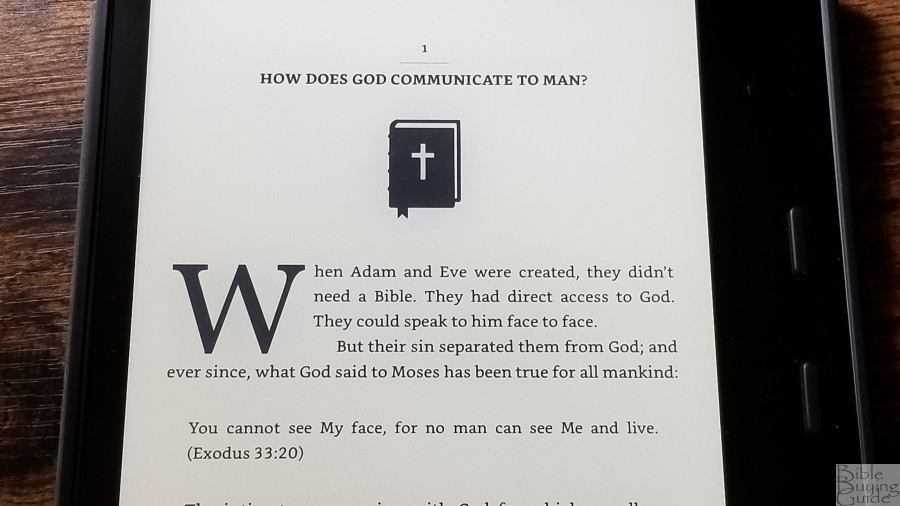
Chapter 1 shows how general revelation is more than simply understanding that God exists and is all-powerful, but also about how God condemns us and shows the results of that condemnation. With this, Ward explains why creation is both beautiful and ugly at the same time. He shows how all truth of general revelation comes from God even if it’s not mentioned in the Bible, and that personal revelation is the truth from God that comes from inside us. Ward uses several real-world examples and relates it all back to Scripture. This chapter also shows how God uses others to reveal the truth to us, such as the teachings of Paul to show how we are to be taught by others.
Chapter 2 – how the Bible books got from God to man
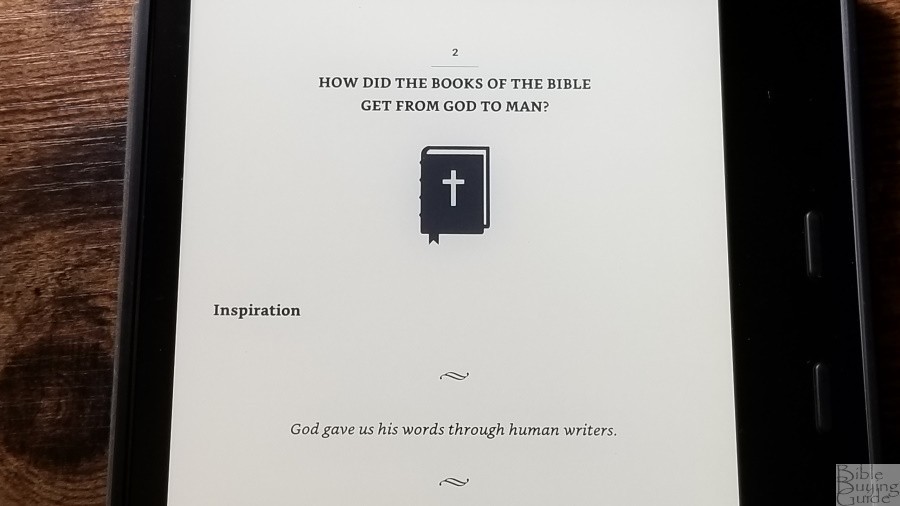
Chapter 2 covers how God used people to write His Word. Mark Ward shows that even though God can give dreams, visions, prophecies, and appear in theophanies to reveal the truth, none of these will contradict or replace Scripture and shouldn’t be placed above Scripture. He demonstrates clearly what inspiration actually means- that God breathed the words that man wrote. He does an excellent job of showing this in Scripture and he even explains why writers have different styles. This chapter also shows that since the Bible is God’s words, then it has His authority and we have to obey it. It’s inerrant, so it’s accurate. At the same time, it’s not always detailed or specific.
Chapter 3 – who decided what books go in the Bible

Chapter 3 covers who decided which books would be included in the Bible and how they came to those decisions. This includes the canon, transmission, and the manuscripts. It shows why there are differences between manuscripts and translations. For manuscript transmission, Make Wark uses a demonstration that puts it into a real-world scenario that we can understand. With this demonstration, he shows how textual criticism works and why we need it. He also shows how the variations work, how careful they were, the types of variations that exist, and that this doesn’t contradict Scripture.
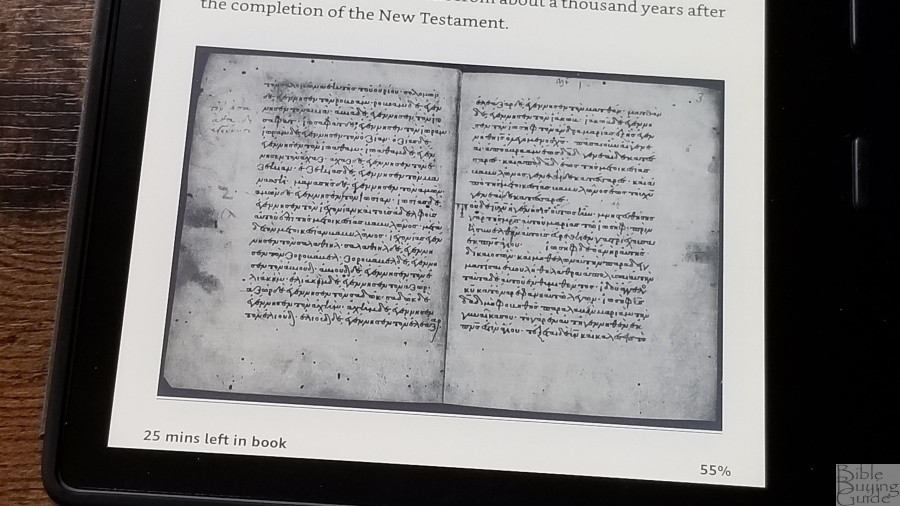

This section also includes photos of manuscripts touches on the Hebrew manuscripts and the importance of the Dead Sea Scrolls, which I always appreciate and find fascinating. He also He shows how variations in the manuscripts affect translations using kjvparallelbible.org, which shows the KJV from the Textus Receptus and Critical Texts. I highly recommend spending some time on his website to see the differences.
Chapter 4 – how the Bible was translated
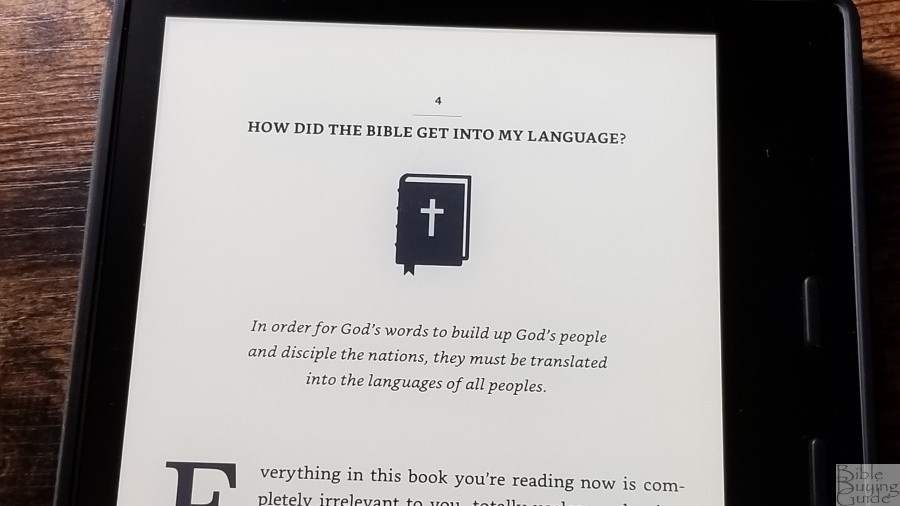
Chapter 4 shows how the Bible was translated and the advantage of having multiple translations. We can’t make disciples and teach them without a translation in their language. Having multiple translations is a blessing. It’s not something to take for granted. Many people through history haven’t had translations available and it was illegal to translate the Scriptures into English.
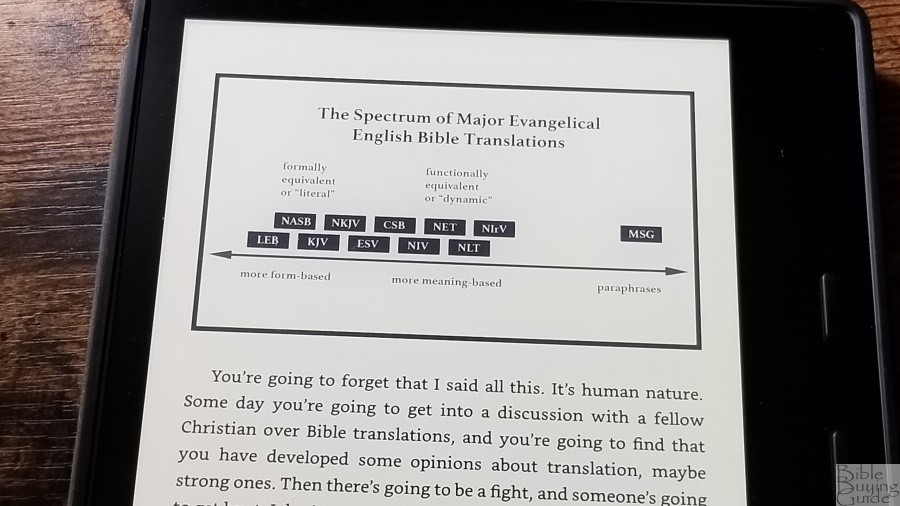
He explains Bible translation into English starting with one of my personal heroes – William Tyndale. Mark Ward describes the value of revisions and covers the problems of King James Onlyism and the fact that no translation is perfect, and that we shouldn’t expect it to be. He also spends some time showing the advantage of using multiple translations, which is something he does throughout this book. Fortunately, he also covers the different types of translations and gives some guidance on choosing them.
Other Features
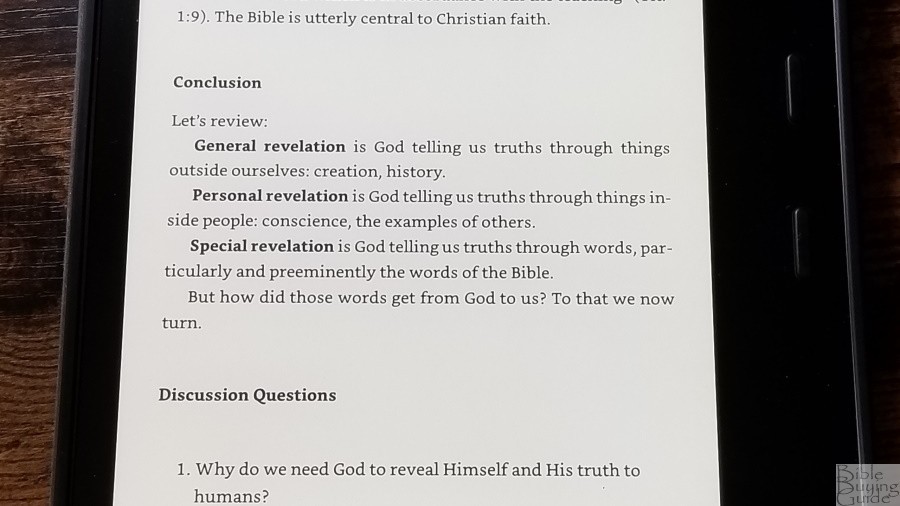
Each chapter ends with a succinct review and a list of questions for discussion. This is great for personal growth and group discussion.
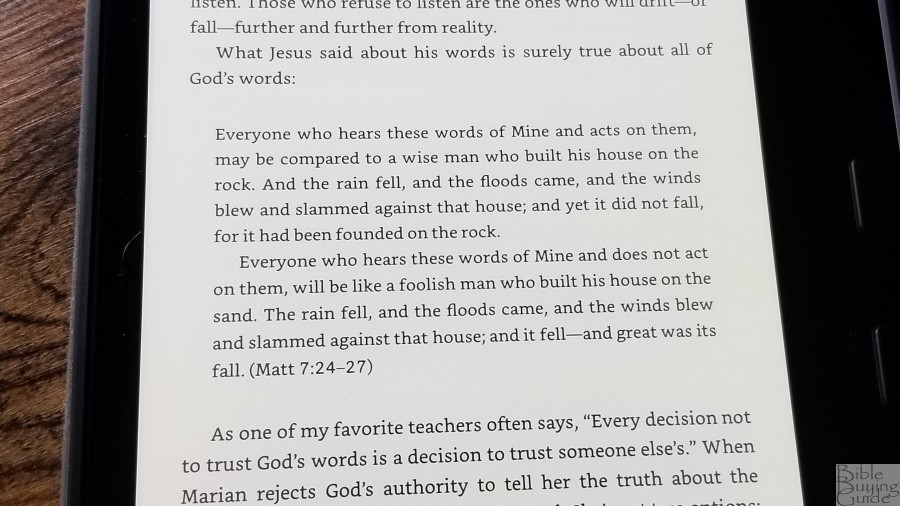
I like that Mark Ward removes the verse numbers from the Scriptures and provides the reference at the end. They’re indented so they stand out from his words. Some are included within his text in quotes with a reference so you’ll know that he’s quoting Scripture. It’s a small detail, but it makes the Scriptures much more readable.

In the back is a section called Afterward. This is his ending thoughts and encouragement on how to respond to the information in this book.
Where to Purchase Bibliology for Beginners
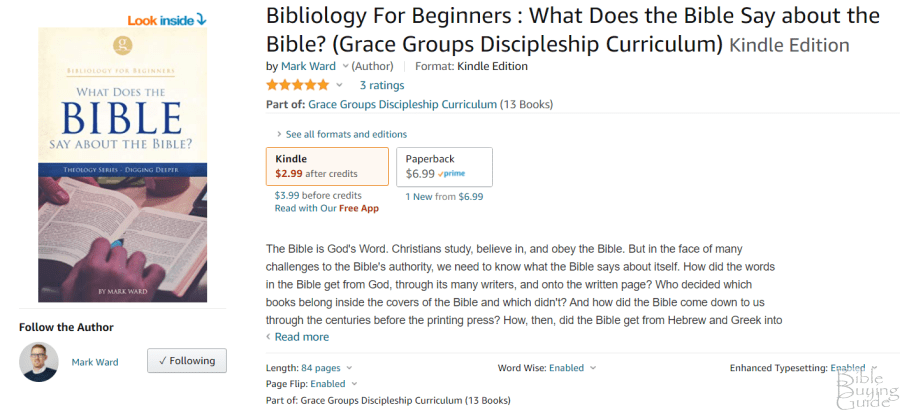
Bibliology for Beginners is available from Amazon in Kindle ($2.99) and paperback (6.99) formats (affiliate links). It’s around 84 pages and currently has a 5-star rating.
Conclusion
Bibliology for Beginners is a short and interesting introduction to bibliology. If you’re interested in a simple book that introduces how the Bible was written and how it came to us in our language, this is the best I’ve seen. All of his points are backed up with clear Scripture. They’re descriptive and written with the target audience in mind. I like the examples Mark Ward uses to demonstrate the biblical texts. Especially the use of a cookie to put it into perspective and one of copying a letter to show how variations work.
It’s short, easy to read, and gives a good overview of the field of Bible translation. It’s not an in-depth book, so if you’re looking for college-level training this book isn’t what you need. The book does exactly what it promises to do in its title. I recommend Bibliology for Beginners for new converts, young adults, and personal study, and for small group study.
This book was provided by the author in exchange for an honest review.





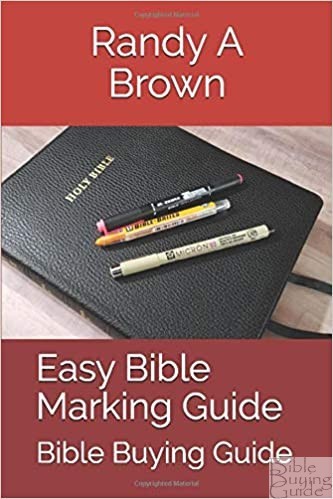
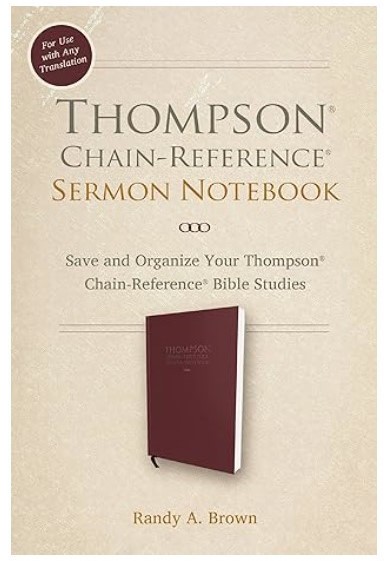



Recent Comments